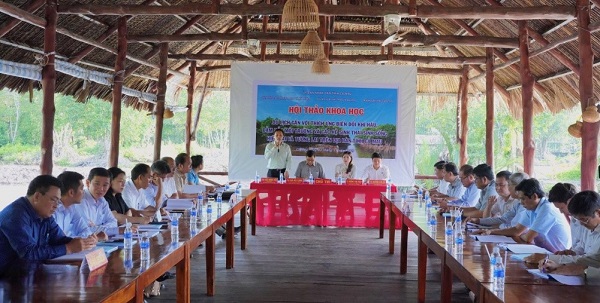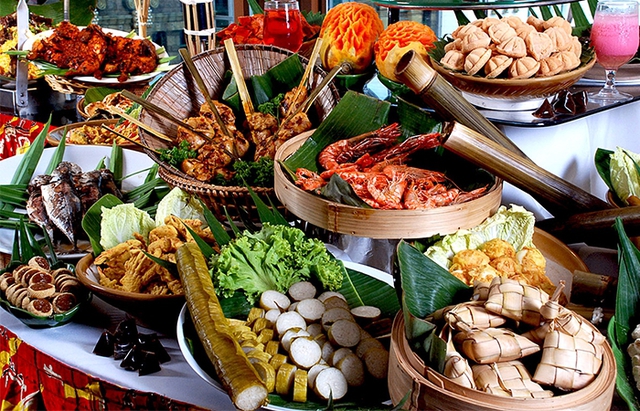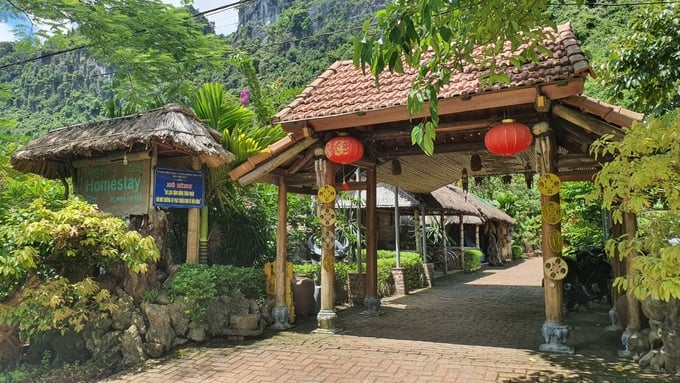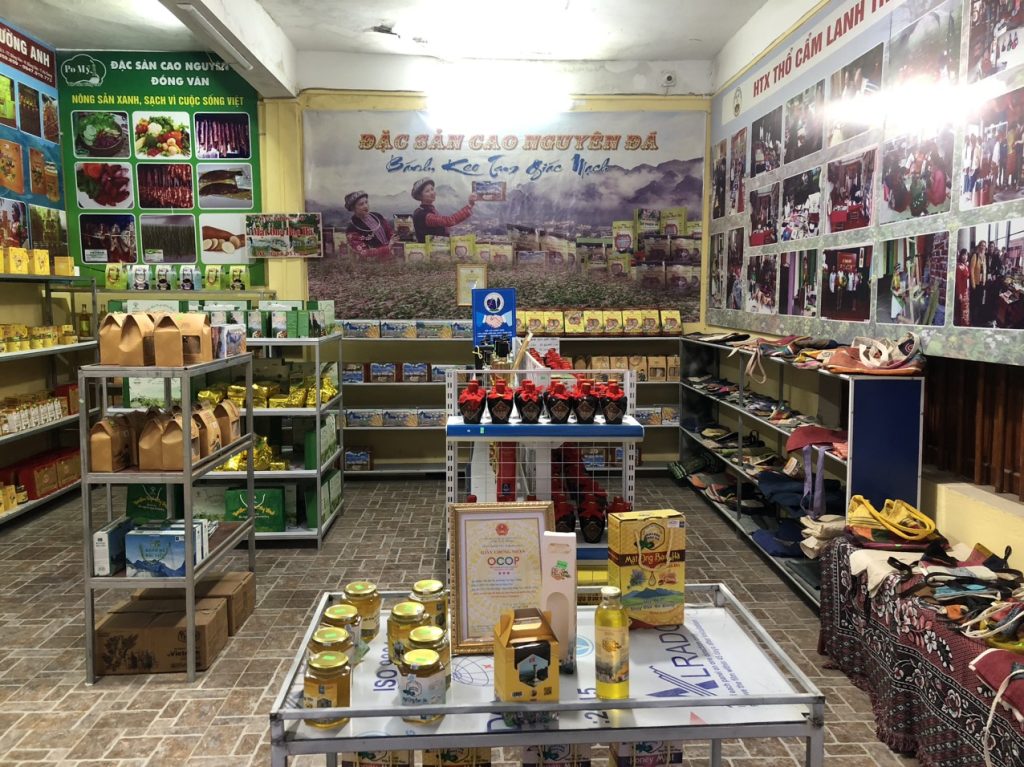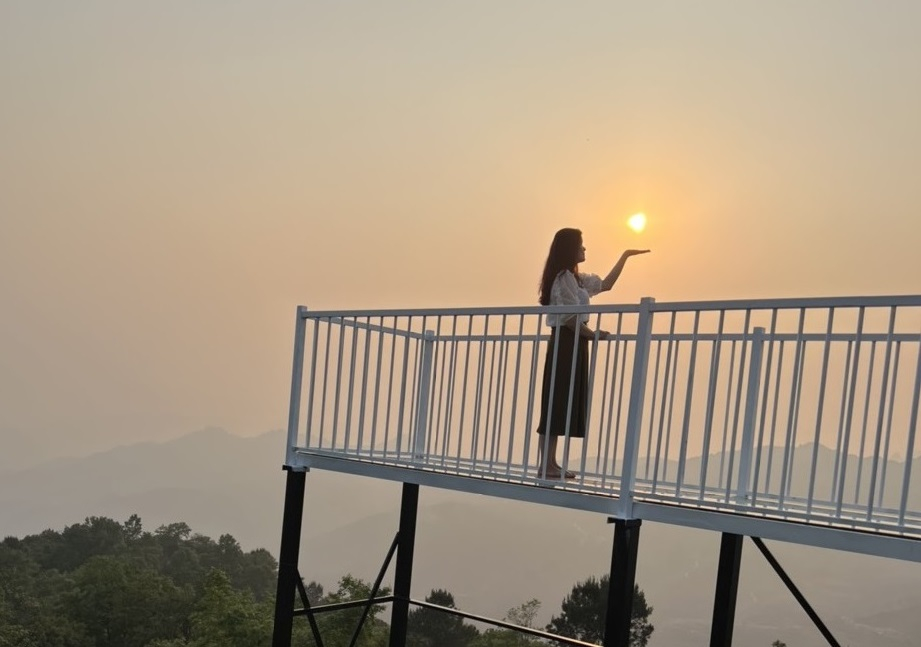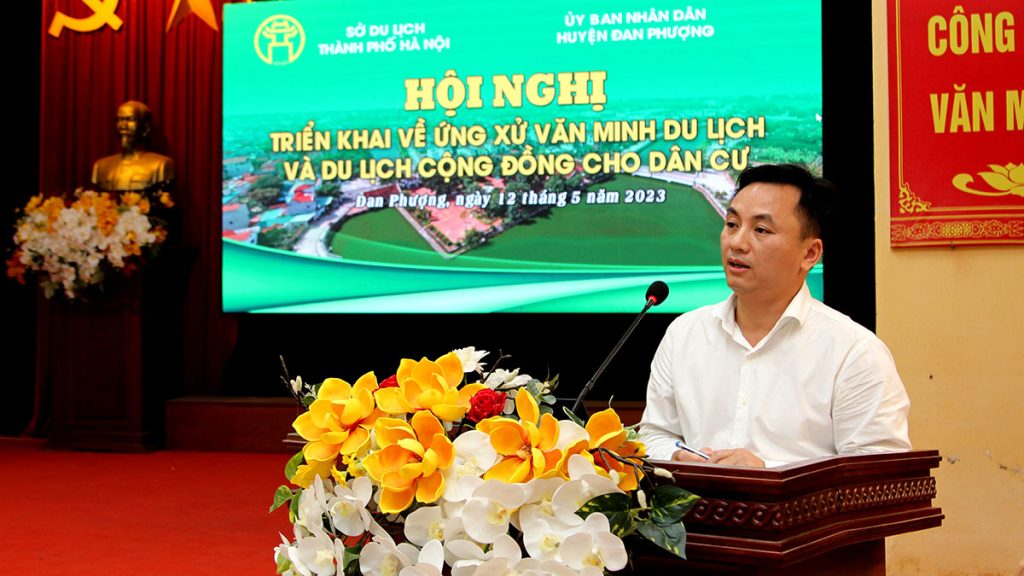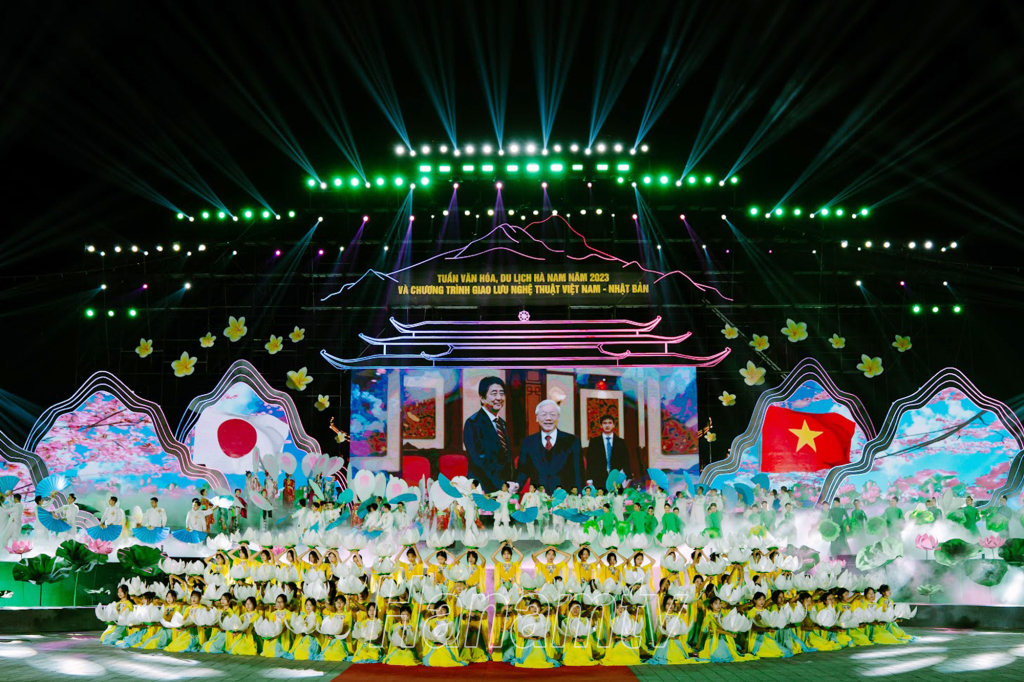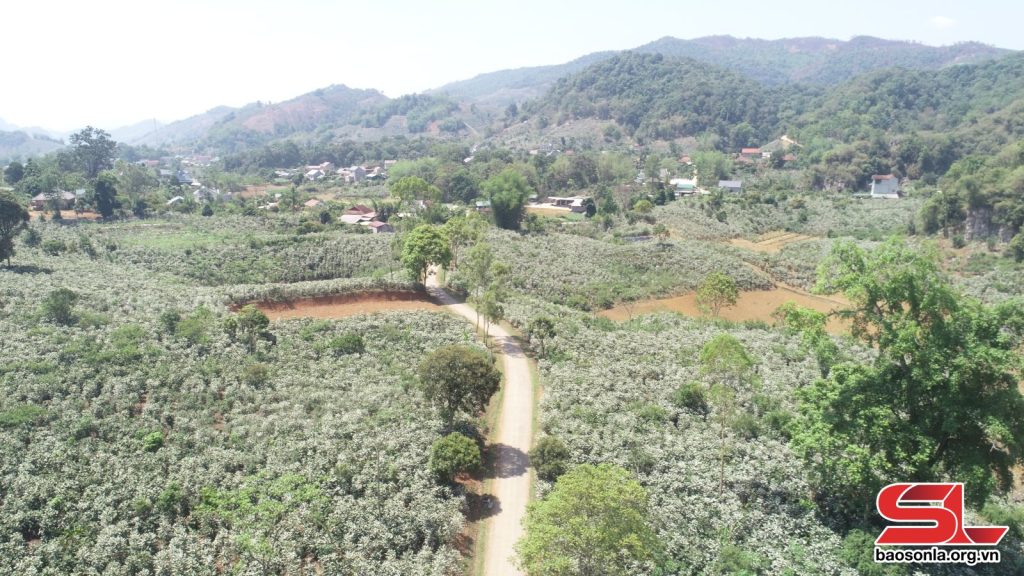
Delegates attended at the conference
Ca Mau has great potential to develop tourism, especially eco-tourism, with many locations such as: Ca Mau Cape National Park, U Minh Ha National Park, landscape Protection Area of Hon Khoai island cluster, Hon Da Bac, Khai Long beach, etc. Currently, in the province, about 70% of ecotourism destinations are operating in the form of a combination of ecotourism and community tourism models, aiming to attract tourists to activities to experience nature, especially the lives of local communities.
However, the majority of community ecotourism destinations in Ca Mau depend on the natural environment, with flooded forest ecosystems. Tourism products such as: transporting visitors by local means (traveling by boat or canoe to the mudflats to admire the sea), serving experiences (harvesting shrimp and crabs, catching sesarmid crab, fishing, etc.) and enjoy local specialties (oysters, sea crabs, mud crabs, snails, fresh water fishes, etc.), very vulnerable to the impacts of climate change and natural disasters. In addition, the negative impacts of climate change such as saltwater intrusion, rainstorms, high tides, riverbank and coastal erosion, and erratic droughts cause infrastructure and facilities serving tourism activities are rapidly deteriorating.
At the workshop, state management agencies, experts, scientists and tourism business units analyzed, evaluated and proposed solutions for tourism development, focusing on issues such as: incentive mechanism to encourage investment in upgrading infrastructure and technical facilities to serve the tourism industry; solutions to prevent natural disasters and adapt to floods, droughts, and landslides, especially in coastal localities and estuary areas; solutions, response plans or orientations for developing new products to adapt to climate change; solutions to raise awareness and form a sense of proactive response to climate change among the community; forecasting scenarios and impacts of climate change and sea level rise on tourism development.
Accordingly, to ensure sustainable tourism development and minimize the impact of climate change in the coming time, it is necessary to forecast the main impact trends of climate change and build tourism development scenarios with specific solutions to cope. Build and perfect the policy system, create a favorable legal corridor for developing tourism products and attracting tourism investment. Promote reform, simplify administrative procedures, create an open investment and business environment for businesses and people to invest in developing tourism products. Strengthen training and fostering tourism management skills for tourism managers at the grassroots level. Propagate, disseminate information, and organize training courses for tourism service businesses and people to develop tourism products aimed at protecting the environment and natural landscape, preserve indigenous culture. Develop environmental protection regulations at tourist areas and destinations in the province. Pilot tourism facilities that save energy and reduce greenhouse gas emissions. Pilot tourism facilities that save energy and reduce greenhouse gas emissions. Innovate in building and developing environmentally friendly tourism products and services that are competitive in the domestic market. Maintain and improve the quality of the environment and landscape, both in rural and urban areas. Supports the conservation of flora and fauna. Supports the conservation of flora and fauna. In addition, environmental protection criteria must be respected by state management agencies at all levels and are a mandatory requirement in tourism development projects and strategies of the province and tourist areas and destinations in the province.

